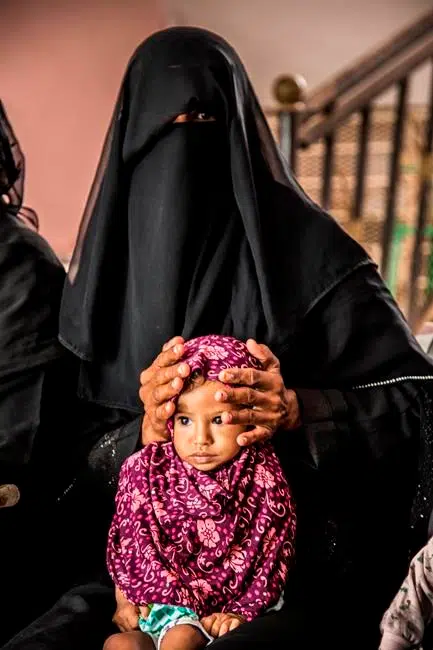
Prisoner swap deal bolsters hopes of progress in Yemen talks
RIMBO, Sweden — Yemen’s warring sides agreed to a broad prisoner swap Thursday, sitting down in the same room together for the first time in years at U.N.-sponsored peace talks in Sweden aimed at halting a catastrophic war that has brought the country to the brink of famine.
Hopes were high that the talks wouldn’t deteriorate into further violence as in the past, and that the prisoner exchange would be an important first step toward building confidence between highly distrustful adversaries.
The 3-year-old conflict pits the internationally recognized government, which is backed by a Saudi-led coalition, against Shiite rebels known as Houthis, who took the capital of Sanaa in 2014. The Saudis intervened the following year.
U.N. envoy Martin Griffiths said the two sides have signalled they are serious about de-escalating the fighting through calls they’ve made in recent weeks, and urged them to work to further reduce the violence in the Arab world’s poorest nation, scene of massive civilian suffering.
